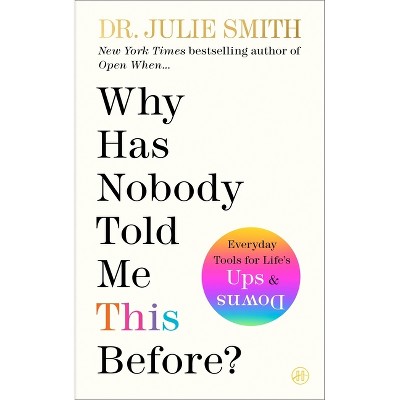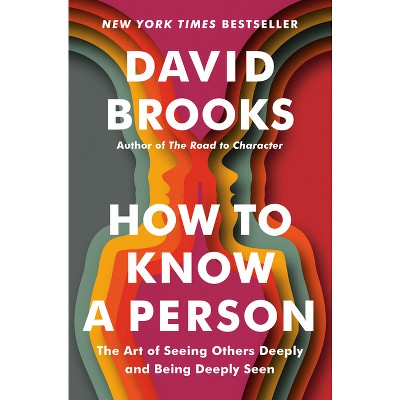Beyond Alterity: Contemporary Indian Fiction and the Neoliberal Script - (Postcolonialism Across the Disciplines) by Shakti Jaising (Paperback)

About this item
Highlights
- Beyond Alterity contests a core tendency in postcolonial studies as well as emerging critiques of neoliberalism--to assume that nations of the Global South are categorically distinct from their counterparts in the North and that they provide an alternative, or even an antidote, to the competitive and individualistic cultures of the advanced capitalist world.
- About the Author: Shakti Jaising is an Associate Professor of English and Film Studies at Drew University, USA.
- 208 Pages
- Education, General
- Series Name: Postcolonialism Across the Disciplines
Description
About the Book
Grounded in a fine-grained analysis of contemporary Indian fiction, Beyond Alterity argues that the logic of neoliberal capitalism and the steady proliferation of its ideological script have produced significant continuities in class dynamics, subjective experience, as well as literary and cultural expression across the North-South divide.Book Synopsis
Beyond Alterity contests a core tendency in postcolonial studies as well as emerging critiques of neoliberalism--to assume that nations of the Global South are categorically distinct from their counterparts in the North and that they provide an alternative, or even an antidote, to the competitive and individualistic cultures of the advanced capitalist world. Through a textured analysis of cultural production from contemporary India, Shakti Jaising argues that neoliberal capitalism has produced significant continuities in class dynamics and subjective experience across the North-South divide--continuities that are at least as worthy of our consideration as differences arising from colonialism and its aftereffects.
The book engages an array of political, economic, and cultural narratives, while focusing in particular on widely circulating Indian English-language novels and their audio-visual adaptations that demonstrate the growing currency of a neoliberal script extoling values like privatization and deregulation as conduits to both individual growth and national development, as well as freedom from poverty. With their potent enactments of personal and national maturation, contemporary Indian novels and films offer striking illustrations of the imaginative means by which the neoliberal script proliferates-- even as economic precarity and inequality worsen in India, much like elsewhere in the world. Whereas literary scholars tend to approach the Indian English novel as an exemplar of resistance from the formerly colonized world, Beyond Alterity contends that far from inevitably modelling resistance, this genre's contemporary examples instead encapsulate the challenges of disentangling literature from the all-pervasive logics and narratives of neoliberal capitalism.
Review Quotes
'In this important book, Jaising elegantly unravels an alterity paradigm, long undergirding the idea that Global South cultures are radically other to their Northern counterparts. Through nuanced close-readings across a variety of genres, she exposes instead, significant continuities in the "structures of feeling" produced by neoliberal textualities spanning North-South divides.' Manisha Basu, University of Illinois, Urbana-Champaign
'The book's approach is something I very much agree with in that it breaks from the usual Marxist-Postcolonialists' reading of novels.' Dr. Feroza Jussawalla, University of New Mexico (Emerita)
'This book provides an excellent and extensive--I might even say devastating!--refutation of the tendency to imagine the Global South as the site and source of resistance to capitalism, its narratives a source of sustenance for weary Northern intellectuals. This study emphasizes, instead, that the Global North and the Global South are both sites of unevenness and deepening inequity, of catastrophic wealth and poverty.' Sarah Brouillette, Carleton University
'While critics relentlessly talk of cultural "difference," the brutal class tensions and entrepreneurial boosterism of Modi's India are, Jaising shows, not fundamentally different from that of Bloomberg's New York or Sunak's London. Not "alterity" but a common "neoliberal script" is what really rules, and in that process literature is far from innocent. In readings that range from the pro-market fantasies of Chetan Bhagat to the collective resistance tales of Arundhati Roy, she moves the optic from neoliberal "subjectivities" to corporate campaigns, tackling the singular modernity of capital with literary flair and an arsenal of research.' Timothy Brennan, University of Minnesota
About the Author
Shakti Jaising is an Associate Professor of English and Film Studies at Drew University, USA.Shipping details
Return details
Trending Book Pre-Orders






Discover more options





